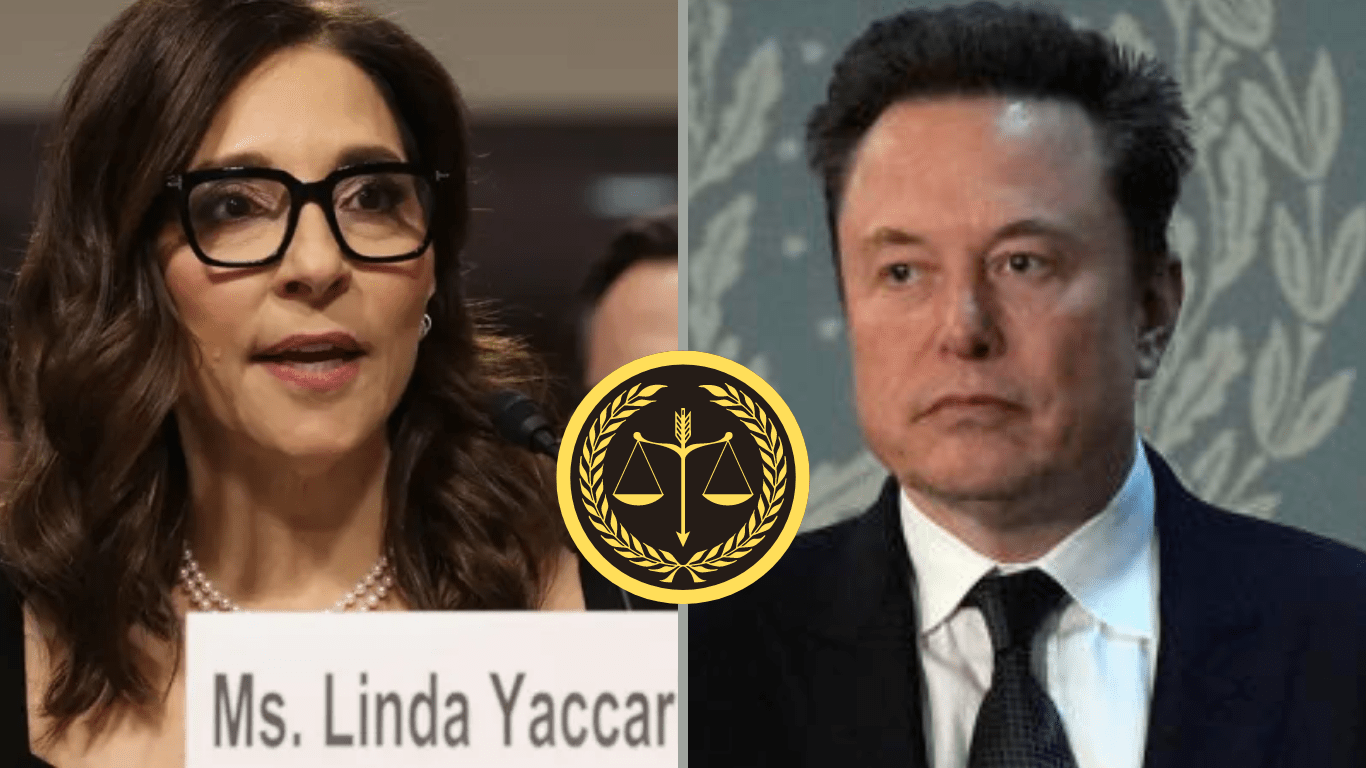X, formerly known as Twitter, is a prominent social media platform owned by billionaire Elon Musk. As of 2024, X boasts over 330 million monthly active users globally, making it one of the most influential social networks. Since Musk’s acquisition, the platform has undergone significant transformations aimed at enhancing user experience, improving content moderation, and combating misinformation. One of the notable changes includes the introduction of new features to promote healthy conversations and reduce the spread of false information.
In recent legal developments, X filed an antitrust lawsuit against the Global Alliance for Responsible Media (GARM) and the World Federation of Advertisers (WFA). The lawsuit, announced by X CEO Linda Yaccarino, accuses GARM and its members of engaging in a systematic illegal boycott that has resulted in billions of dollars in lost advertising revenue for X. This legal action underscores the ongoing challenges and competitive dynamics within the digital advertising industry, as companies navigate complex relationships with advertisers and regulatory bodies. The outcome of this lawsuit could have significant implications for the future of digital advertising and the strategies employed by social media platforms to secure ad revenue.
The Antitrust Lawsuit X Files
The business landscape is buzzing with news about the X Files Antitrust Lawsuit against major advertising groups and companies. Tensions are high as allegations of illegal boycotts come to light, raising serious questions about fairness and competition in the industry. The ramifications of this lawsuit could reshape how businesses operate and interact with each other, making it a pivotal moment for all involved.
As we dive into the details of this case, we’ll explore what antitrust laws mean for both companies and consumers. This isn’t just another legal battle; it’s a fight over integrity in advertising practices that could set important precedents for years to come. Buckle up as we unravel the intricacies behind this groundbreaking lawsuit!
Background on Antitrust Laws and Illegal Boycotts
Antitrust laws are designed to promote fair competition in the marketplace. They prevent monopolistic practices and ensure that consumers benefit from a variety of choices.
Illegal boycotts fall under these regulations. When companies collude to restrict trade or limit access, they undermine free market principles. This can stifle innovation and drive up prices for consumers.
The legal framework aims to protect both businesses and individuals from unfair practices. These laws encourage healthy competition, which ultimately leads to better products and services.
When players in an industry engage in illegal boycotts, it creates a ripple effect across the economy. Smaller companies may struggle to survive while larger entities consolidate power, leading to potential harm for consumers seeking diverse options.
Details of the X Files Lawsuit: Parties Involved and Allegations
The X Files Antitrust Lawsuit has attracted significant attention in recent weeks. It involves several major advertising groups and companies accused of orchestrating an illegal boycott against a competitor.
Key players in this lawsuit include some of the biggest names in the advertising industry. These firms allegedly colluded to stifle competition by refusing to work with certain brands. The claims suggest that they aimed to control market dynamics, thereby maintaining their dominance.
Documents submitted reveal discussions among executives about tactics for excluding rivals from lucrative contracts. This behavior raises serious questions about ethical practices within the industry and compliance with antitrust regulations.
Impact of Illegal Boycotts on Companies and Consumers
Illegal boycotts can create a ripple effect that harms not just companies but also consumers. When major advertising groups engage in such practices, they disrupt market competition. This leads to fewer choices for consumers and potentially higher prices.
Companies caught in these boycotts may face significant financial losses. They often struggle to maintain their market share, which can stifle innovation and growth. With reduced resources, businesses might cut back on quality or customer service.
For consumers, the impact is felt directly through limited access to products and services. Trust erodes as brands become entangled in legal disputes rather than focusing on consumer needs. The result? A marketplace that becomes less dynamic and more stagnant over time.
Understanding these dynamics underscores why addressing illegal boycotts is crucial for a healthy economy. Everyone involved deserves better conditions—companies want fair competition while consumers seek value and choice.
Reactions from Advertising Groups and Companies Named in the Lawsuit
The X Files Antitrust Lawsuit has sparked a wave of reactions from the advertising industry. Many named companies have publicly decried the allegations, asserting that their business practices are both legal and ethical.
Industry representatives argue this lawsuit could set a troubling precedent. They fear it may stifle competition and innovation in an already complex marketplace. Some have even labeled the claims as unfounded attempts to undermine their reputations.
On social media, discussions around the case are heated. Some support the plaintiffs, viewing them as champions against corporate misconduct. Others stand firmly behind the accused organizations, insisting they play vital roles in driving economic growth.
Pressure is mounting for transparency from all parties involved. Stakeholders eagerly await further developments while trying to gauge how this might reshape their strategies moving forward.
Discussion on Potential Consequences and Resolutions for the Case
The X Files antitrust lawsuit could reshape the advertising landscape. If the allegations hold, significant penalties may be imposed on the involved parties. Financial repercussions could range from hefty fines to damages that compensate affected companies.
Beyond financial implications, there’s potential for regulatory changes as well. Increased scrutiny of advertising practices might emerge, prompting stricter compliance measures across the industry.
Companies implicated in illegal boycotts may also face reputational damage. Trust is crucial in business relationships; a tarnished reputation can lead to lost clients and decreased market share.
On a broader scale, this case might encourage whistleblowing within corporate environments. Employees witnessing unethical behavior could feel emboldened to report these actions without fear of retaliation.
Resolving this situation will demand genuine accountability from all parties involved and a commitment to fair competition moving forward.
Conclusion
The X Files Antitrust Lawsuit against major advertising groups and companies shines a spotlight on critical issues surrounding fair competition in the marketplace. Upholding antitrust laws is vital for maintaining a level playing field where businesses can thrive without fear of illegal boycotts. Such practices not only harm the companies involved but also impact consumers who rely on diversity and choice.
As this case unfolds, its implications will likely resonate throughout various industries. The need for transparency, fairness, and accountability cannot be overstated. Ensuring that the marketplace remains dynamic and competitive is essential for both businesses and consumers alike.
FAQ’s
Is X sued by Media Matters?
X, which is owned by billionaire Elon Musk, sued Media Matters in November 2023. The lawsuit accused Media Matters of defamation after it published a report claiming that ads on X appeared next to posts praising Adolf Hitler and the Nazi Party.
















